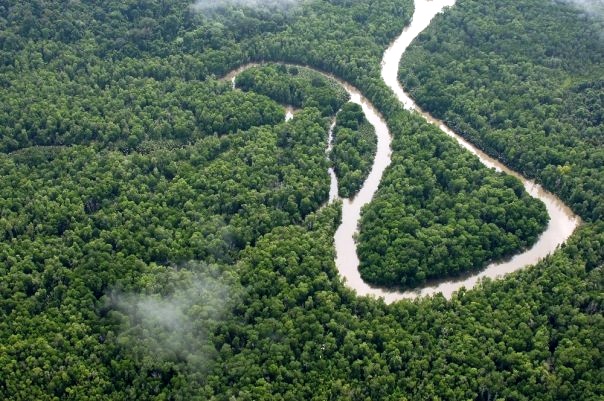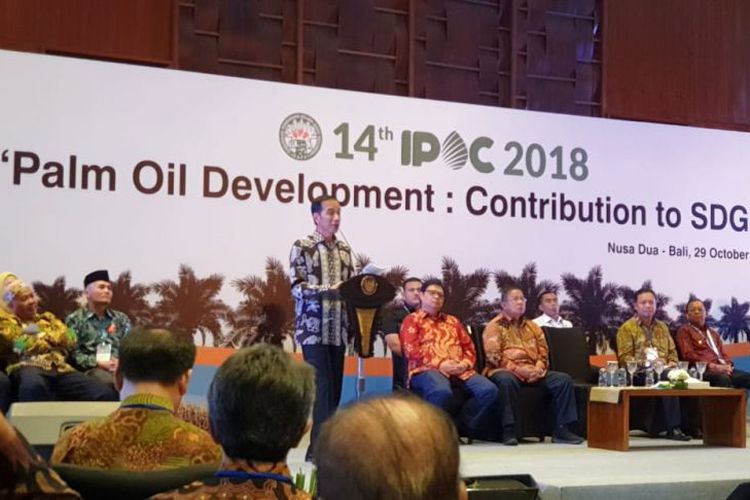Indonesia Sees Encouraging Drop in Forest Loss
UNLIKE most tropical forests, Indonesia experienced a drop in tree cover loss in 2017, including a 60 percent decline in primary forest loss.

UNLIKE most tropical forests, Indonesia experienced a drop in tree cover loss in 2017, including a 60 percent decline in primary forest loss. While some provinces in Sumatera still saw increased primary forest loss—including 7,500 hectares (18,500 acres) in the Kerinci Seblat National Park— provinces in Kalimantan and Papua experienced a reduction.
According to research by University of Maryland that was released on 27 June 2018 by the research group World Resources Institute (WRI) at the Oslo Tropical Forest Forum, the decrease in Indonesia is likely due in part to the national peat drainage moratorium, in effect since 2016. Primary forest loss in protected peat areas went down by 88 percent between 2016 and 2017, reaching the lowest level ever recorded. Additionally, 2017 was a non-El Niño year, which brought wetter conditions and fewer fires compared to past years. Educational campaigns and increased enforcement of forest laws from local police have also helped prevent land-clearing by fire.
Meanwhile, other countries faced dramatic increases in tree cover loss. Brazil experienced its second-highest rate of tree cover loss in 2017, after a prominent spike in 2016, with 4,5 million hectares lost in 2017, followed by the Democratic Republic of Congo with 1,5 million hectares. The Congo halted industrial logging 16 years ago, but forest loss increased in 2016-17. This year, Chinese companies were granted new logging concessions in the world’s largest remaining peatland forest.
Colombia’s deforestation was three times higher in 2017 than 2015 — the end of the civil war has resulted in a land rush for cattle ranching, mining, soy, timber, and land speculation. The island of Dominica lost 32 percent of its remaining forest due to hurricanes in 2017, while Puerto Rico lost 10 per cent.*** (News quoted from Global Forest Watch, National Geographic)



































